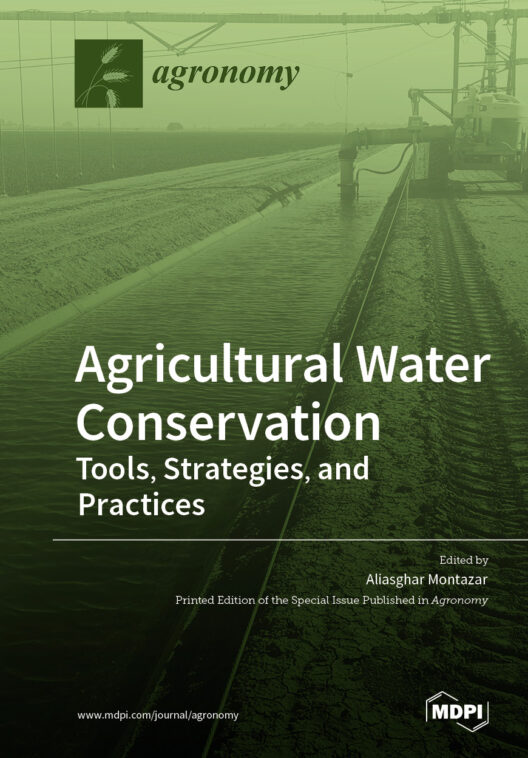Energy conservation is increasingly becoming a pressing priority as we face the ever-looming specters of climate change and resource depletion. Governments around the world, particularly in countries like India, have a unique role to play in championing initiatives that not only promote but also facilitate energy conservation. How can a government transform the often mundane task of saving energy into an engaging and participatory endeavor for all its citizens? The challenge lies in not simply mandating actions but fostering a culture of awareness and responsibility that resonates throughout society.
Firstly, implementing robust public awareness campaigns is instrumental in sensitizing the populace to the importance of conserving energy. When people grasp the tangible impacts of their energy choices on the environment, they are more likely to take action. Campaigns that utilize engaging materials such as infographics, videos, and interactive content can help distill complicated energy concepts into easily digestible nuggets of information. By raising awareness about energy consumption’s environmental ramifications, including pollution and climate change, the government can motivate citizens to embrace energy-efficient practices.
In addition to awareness campaigns, incentives can play a pivotal role in encouraging energy conservation. The government could introduce financial incentives for households and businesses that adopt energy-efficient technologies and practices. Tax rebates, subsidies for energy-efficient appliances, and grants for renewable energy installations could catalyze change. However, these incentives should be structured creatively to engender genuine long-term commitment rather than short-term compliance. For instance, a lottery system where participating households that reduce energy usage can win significant prizes could instigate a playful competition among neighbors, ultimately leading to reduced energy consumption.
Furthermore, education is a powerful tool that the government can harness. Integrating energy conservation topics into school curriculums ensures that future generations develop a keen sense of environmental stewardship. Programs that encourage students to participate in energy audits in their schools can yield practical experience while instilling a sense of responsibility. What if every school had an energy conservation club, where students could implement projects to reduce energy consumption on campus? Such initiatives can enhance school engagement while producing noticeable improvements.
Your local government could also explore collaborations with community organizations to promote energy conservation initiatives. Community-driven projects, such as “energy hackathons” where participants brainstorm innovative energy-saving solutions, encourage collective problem-solving. Cities could facilitate competitions among neighborhoods to see which can achieve the most significant energy reduction, transforming the abstract notion of conservation into a tangible goal. By linking conservation efforts with community pride, citizens may feel a communal responsibility towards energy management.
Moreover, government policy must reflect a commitment to sustainable infrastructure, incorporating energy-efficient designs in public buildings and transportation. By leading by example, the government can demonstrate the feasibility and effectiveness of energy conservation practices. Investment in public transportation systems that are both efficient and accessible decreases reliance on fossil fuel-powered personal vehicles, thereby reducing overall energy consumption. Simultaneously, cities should promote walkable environments and biking infrastructure, making lifestyle choices more sustainable.
Regulatory measures also merit attention. Implementing stringent energy efficiency standards for industries and commercial buildings is essential. This could include rigorous assessments to ensure compliance and the imposition of fines for non-compliance. Additionally, incentives for green building certifications could lead developers to prioritize energy efficiency, resulting in a more sustainable urban landscape.
Another forward-thinking approach is the incorporation of technology in energy conservation efforts. The rise of smart grids with real-time data tracking can be pivotal. Governments could invest in deploying advanced technologies that allow consumers to monitor their energy use actively. How many of us are truly aware of where our energy goes daily? When equipped with smart meters, consumers gain insights that can redefine their consumption habits, leading to more informed choices.
It should also be noted that collaboration with the private sector opens avenues for innovative solutions. Public-private partnerships can facilitate the development of energy-efficient technologies and services that reduce overall consumption. By incentivizing businesses to create and promote energy-efficient products, the government can leverage commercial interests for environmental benefits.
The challenge lies, however, in ensuring that energy conservation efforts are inclusive and equitable. Energy programs must address disparities in access and benefits across different socioeconomic groups. By tailoring initiatives that specifically empower low-income households—often the most affected by high energy costs—the government can ensure that energy efficiency is not a privilege but a right.
Lastly, regular evaluation of these initiatives is pivotal. Governments should make concerted efforts to assess the impact of their policies and programs on energy savings. Feedback mechanisms should be established to allow citizens to voice their experiences and suggestions, fostering a participatory approach to energy conservation. Continuous improvement is the hallmark of effective governance, and energy conservation strategies should evolve with societal needs and technological advancements.
In summary, the government can significantly influence energy conservation through multifaceted strategies that engage citizens, incentivize behavior, educate the young, and foster community partnerships. By privately engaging citizens with playful challenges while leading by example, the government can transform the paradigm surrounding energy conservation from obligatory duty to a shared mission of sustainability. The path forward requires creativity, commitment, and a concerted effort to ensure that collective action leads to substantial changes in energy consumption and environmental health.








